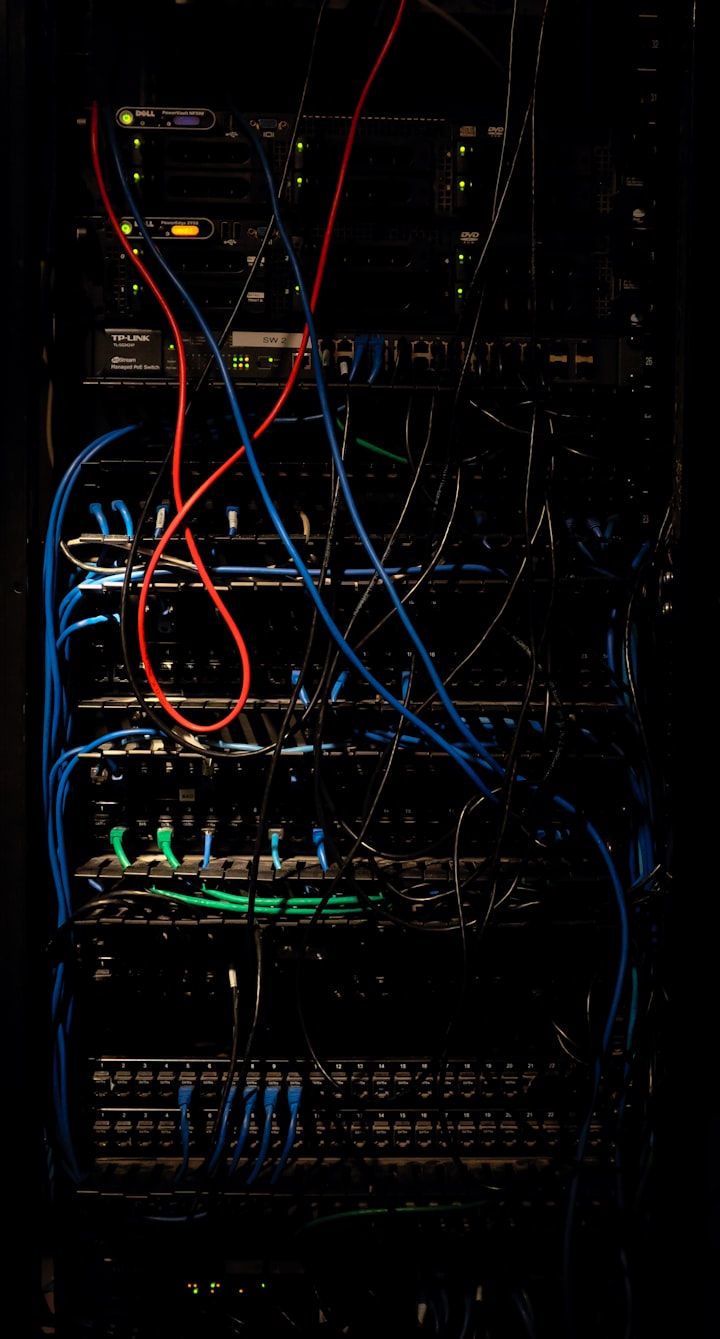Will E-books replace Paper books?
Can E-Books ever replace Paper Books?

Research shows that many users prefer printed books over e-books because they find them easy to read, such as the fragrance of traditional books, giving them the satisfaction of highlighting important texts, reducing eye strain and not being distracted by the internet, etc. E-books may be simpler and more compact than printed books, but people can no longer complete the reading of paper books. And even though people use their electronic reading materials, they still rely heavily on ink and paper when it comes to reading books.
In fact, according to a 2012 Pew Research Center study, the average e-book reader is 24 books compared to 15 for paper readers. According to Nielsen Book International, the most effective types of print include nature, cooking, and children's books, while people prefer to read mysteries, romances, and thrillers through e-books. Reading e-books is becoming more and more popular as technology continues to evolve and more and more machines are being readable.
Technology is extremely prosperous and restrictive, opening up new opportunities, and while e-books have no health benefits, luxury, convenience, and unpleasant features are the main reason why a paper book is always alive.
Although e-books have many better qualities than printed books, they cannot replace printed books because people's attitudes about using e-books have not changed yet. While e-books will be accepted in every home, there will probably still be people who like to stick to traditional paper books. I love storing and appreciating books. I don’t think paper books can be replaced with e-books because I consider the problems that can arise when people rely on digital resources. Some things are irreversible, reading a paper book is easy. People will always be attracted to tangible goods, and the digital version of your favorite story does not meet the same requirements as its hardcover, personal, and colorful hard copy.
People will continue to download their books and read them on their e-readers on the train, in the middle of classes, or at bedtime. While most media-based media will traditionally transition to electronic formats, we will probably be left with a significant percentage of each generation who still prefer to read paper books. And I intend to bet that the popularity of paper books will increase dramatically as e-books refresh people's minds the energy from physical and paper books that can be captured and moved smoothly and efficiently and so on.
There is no substitute for the soundness, ownership, and physical enjoyment of a real printed book that you can scroll back and forth between pages. The purchase of paper books is accompanied by memories; memories that can be replicated in our boring and sterile e-books.
Although paper may seem fragile, e-books are subject to the emergence of digital media. If we can remember how the scrolls and papyri replaced the clay tablets and replaced them with more paper, we can say that e-books and textbooks will lead to the disappearance of printed books. In this age of technological advances, although reading habits have changed, the disappearance of e-books as a result of e-books has not occurred, and it may come as a surprise to many that paper printing continues to win.
While this issue is controversial where the e-book can be read on multiple devices while taking up very little space in the digital environment, the love of reading remains the same and enthusiastic readers keep their eyes open to find the best deals possible. However, e-book sales have declined recently and there are signs that e-book users are also returning to printing. In recent years, e-books have become the basis for publishing. According to a study by the American research organization Pew Research Center, the number of readers of e-books has increased by 17% by 2020 compared to last year.
Both printed and e-books have their advantages, and disadvantages, although there are widespread fears among paper publishers that the e-book market is taking traditional literature. In their paper, Muir and Hawes pointed out that "Electronic and paper books can stay together, and an early rise is more than a threat." I have set my argument as to why e-books may eventually replace paper books by dividing them into three categories: e-eco-friendly, cheap, and electronic features.
As the world changes and evolves day by day, technological advances will follow, and if so, the demand for e-books may increase. E-books can replace paper books. There is a chance, but soon. Think about it, one day there will be no paper, or traditional books and libraries and bookstores. The distribution of printed books will collapse, as evidenced by other categories, including photo shops, music stores, and software stores such as Circuit City and CompUSA, which have long since disappeared.
Millions of people will donate everything to a new printed version of their favorite books and display them on shelves, rather than download them from e-readers. Books still make great gifts for any occasion and are available to everyone, and often your favorite books come from the hands of friends.
Enthusiastic e-book readers can cross over to Amazon or Barnes and Noble and read for free. When reading e-books, you should look for free versions, that is, criminal, buy them, or buy subscriptions to apps or websites. All e-book readers need occasional maintenance and repair, and their discovery is not as cheap as real books.





Comments
There are no comments for this story
Be the first to respond and start the conversation.